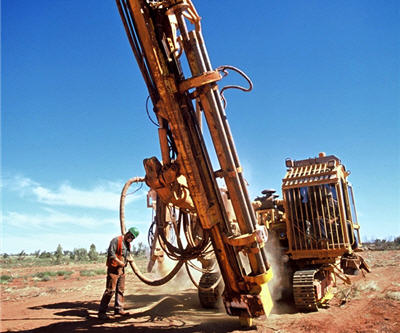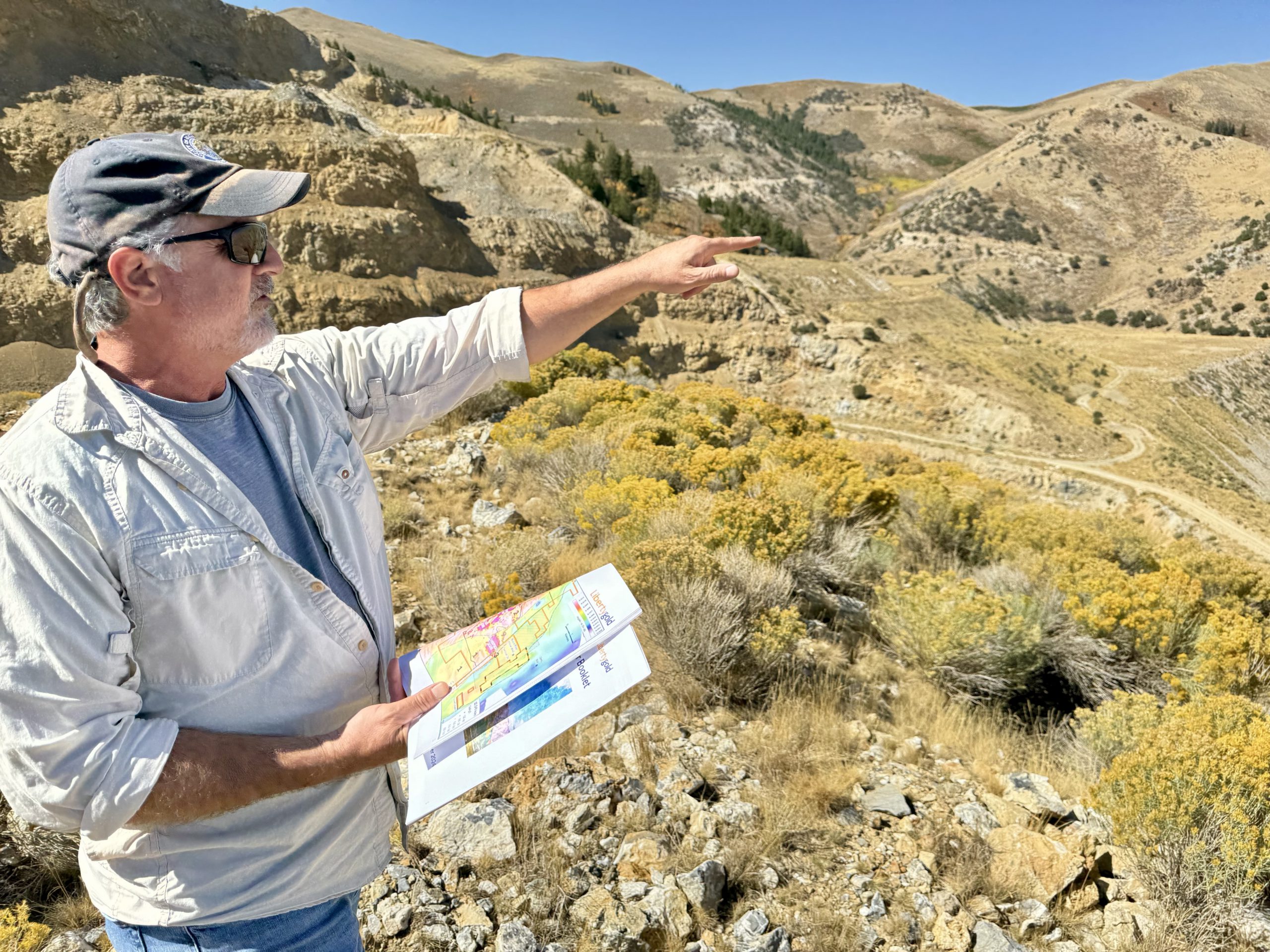‘Zombie’ miners pulling down TSX Venture exchange

Of the 2,340 companies listed on the TSX Venture Exchange, about 1,400 are junior mining and exploration companies – many of which are headquartered in Vancouver.
But to hear retail brokers like Rick Rule describe them, more than 500 of them might as well be classed as pulp and paper companies, because that’s about all they produce: paper filings to meet exchange listing requirements, at the expense of exploration.
The chairman of Sprott Global Resource Investments Ltd. is among the growing number of resource-sector investors who say the TSX Venture Exchange has become weighed down by companies that should be considered clinically dead.
Bill Sheriff, CEO of the reinsurance company Till Capital, agrees: “A bunch of these should be delisted. We’re majority owners of a couple of companies that, quite frankly, one of them should be delisted. It’s only two cents.”
Tony Simon, a founder of the Venture Capital Markets Association, recently calculated that there are 598 companies on the TSX Venture Exchange with a collective negative working capital of $2 billion.
That means they can’t possibly be meeting their listing requirements, according to Simon. But only about a dozen were delisted last year, according to the exchange.
The junior mining sector is now in its third year of a vicious bear-market mauling. The amount of capital raised in the mining sector in 2014 was half what it was in 2010 or 2011, said John McCoach, president of the TSX Venture Exchange.
“The good news is that Canada has actually taken in an increased portion of what is raised,” he said.
The bad news is that the mining sector is being hit by both low commodity prices and an exchange that is overpopulated by marginal players. As a result, even the juniors with good projects and good management teams are suffering from the lack of investor confidence. Sheriff likens them to nice homes in bad neighbourhoods.
McCoach said the exchange has considered a mass delisting.
“We’ve absolutely had the conversations about whether a culling of the market would be healthy,” he said.
But he said most stakeholders have advised against it.
“It’s important for the exchange to be consistent,” he said. “We shouldn’t be moving the goalposts around on people. It’s also important for the exchange to let the market determine which companies have a shot at being successful and which don’t, as opposed to us as exchange operators doing that.”
But some retail investors feel the exchange already has moved the goalposts. They don’t understand how some companies can continue to keep their listings, and feel the exchange has been ignoring its own requirements.
Sheriff believes there’s a fair amount of self-interest involved, both on the part of the exchange and the companies that cling to the exchange.
“The TSX-V likes the fees,” Sheriff said. “That’s what they live off. If you do a debt offering, they get paid. If you do a share offering, they get paid. If you do whatever, they get paid.”
Generally, as long as a company can demonstrate it has $50,000 a year of working capital, it can keep its listing, even if its stock is literally worth a penny. Resource companies are expected to spend that money on their core business – exploration activities, for example.
But those same companies can spend $200,000 a year just meeting their listing requirements and keeping the office lights on.
“Most of these companies are spending in excess of 50% of the capital raised on general and administrative expense,” Rule said. “So for the industry as a whole, maintaining 500 or 600 companies at $200,000, $250,000 a year on life support means a tremendous amount of capital that is intended – in the investor’s mind – for mineral exploration is going to telephone bills, printers, copiers, listing fees, audit fees. It’s going to nothing that can possibly add value.”
Were the exchange to crack down on the marginal players, the biggest loser would be Vancouver, where a whole support industry of lawyers, accountants, financial services and engineering firms subsists on the hundreds of publicly listed mining and exploration companies headquartered here.
Given that so much of the world’s exploration is done by juniors based in Vancouver, it has also been suggested that the global mining industry as a whole would suffer because there would be fewer companies able to raise capital to find new deposits.
Rule believes the reverse is true: the high cost of staying public means the marginal players are spending more on pushing paper than on digging holes.
“The actual impact of the loss of those companies on exploration budgets would probably be to take them up, because there would be more capital available for more credible teams.”
{{ commodity.name }}
{{ post.title }}
{{ post.date }}




Comments